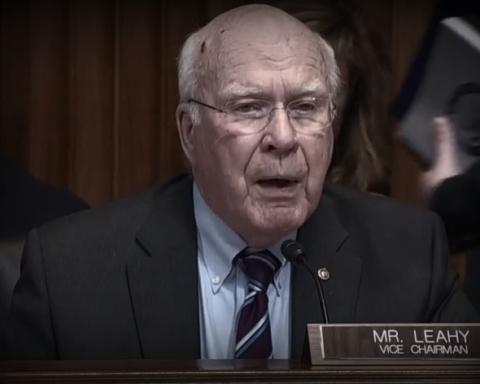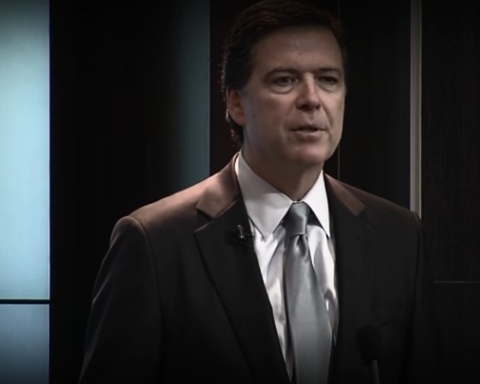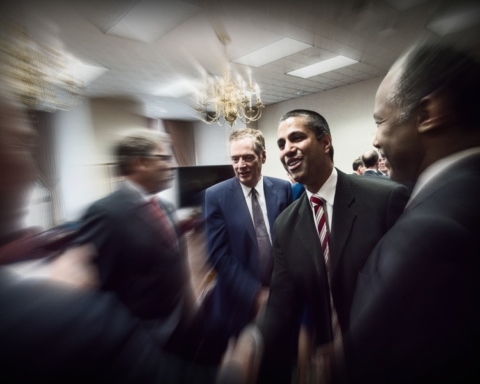Throughout the campaign, Democratic presidential nominee Hillary Clinton has shied away from the heated debate between the government and tech companies over access to encrypted devices.
An email, however, from her campaign chair, John Podesta, released by WikiLeaks, does offer a glimpse into how a President Clinton might approach the issue.
“Her instincts are to buy some of the law enforcement arguments on crypto and Snowden type issues,” Podesta wrote in a message from November 20, 2015.
Podesta’s email was in response to Democratic lobbyist Luke Albee who, in a prior message, suggested that the Clinton camp align with civil libertarians and paint Trump as “Big Brother.”
The email was flagged on Twitter by technologist Christopher Soghoian.
Amid the dust-up between Apple and the US Justice Department at the end of 2015, Clinton attempted to appeal to both the privacy community and cops pitted against each other in the encryption battle.
“Maybe the back door is the wrong door, and I understand what Apple and others are saying about that,” she said during a Democratic debate in December 2015.
Clinton went on to call for a “Manhattan-like project” that would “bring the government and the tech communities together to see they’re not adversaries, they’ve got to be partners.”
Despite Clinton’s appeal for discussions, the Department of Justice has taken an aggressive stand against the proliferation of encryption technology. In the wake of last year’s shooting in San Bernardino, Calif., the FBI attempted to use the federal court system to force Apple to build software that would fundamentally weaken iPhone security features.
FBI Director James Comey has also engaged in an on-again, off-again lobbying push on Capitol Hill to pass legislation that would mandate companies provide law enforcement access to their encrypted products. The Chairs of the Senate Intelligence Committee, Sens. Richard Burr (R-N.C.) and Dianne Feinstein (D-Calif.) introduced legislation to those ends earlier this year, but it never received full-throated support from the White House.
Assuming Podesta’s emailed statements are accurate and that Clinton still does ally with law enforcement in the latest crypto wars, managers of her campaign still recognize the importance of digital security technology.
As the Financial Times reported in September, Clinton’s presidential campaign staffers are using the end-to-end encrypted messaging app Signal to communicate with each other. The decision to use crypto communications was made following the hack at the Democratic National Committee, and the subsequent release of the organization’s internal email by WikiLeaks.
The Clinton campaign has accused the Russian government of being behind both the DNC disclosures and the hacking of John Podesta’s emails.








